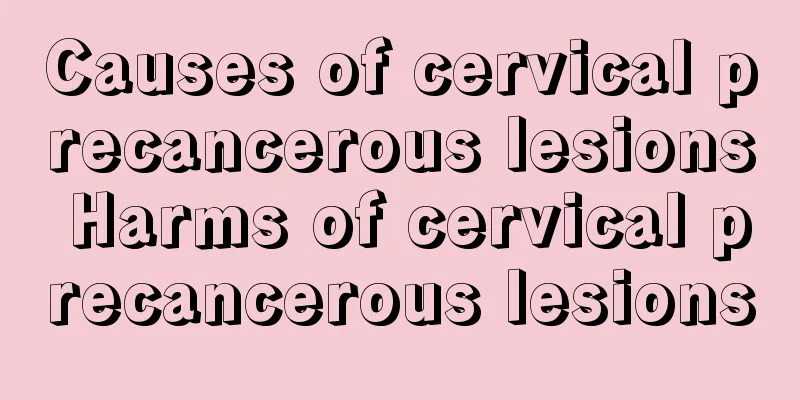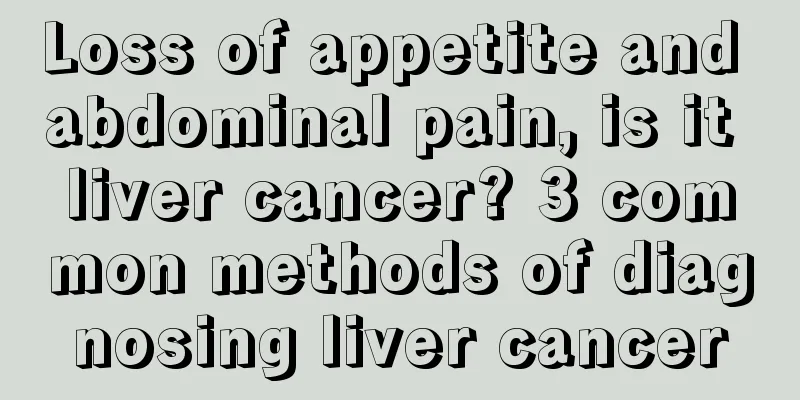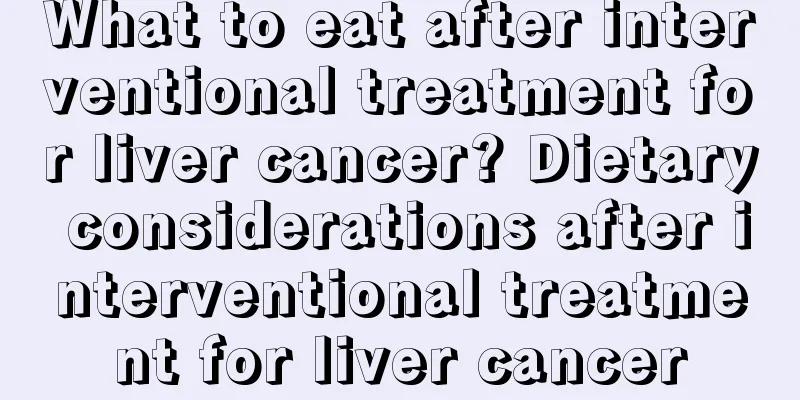Gallbladder polyps in an eleven-year-old child

|
Gallbladder polyps in 11-year-old children may be related to factors such as genetics, eating habits, and obesity, and may require medication, dietary adjustments, or surgical intervention based on the specific circumstances. 1. Genetic factors. Gallbladder polyps may have a genetic tendency in some families. If parents or close relatives have a history of gallbladder disease, the risk of the child may increase. Genetic factors cannot be changed, but the development of the disease can be monitored through regular physical examinations. 2. Eating habits. A high-fat, high-cholesterol diet can easily lead to changes in bile composition and increase the risk of gallbladder polyps. It is recommended to reduce the intake of fried foods, fatty meats, and animal offal, increase the proportion of vegetables, fruits, and whole grains, and maintain a balanced diet. 3. Obesity. Obesity can lead to abnormal cholesterol metabolism and increase the probability of gallbladder polyps. The risk can be effectively reduced by controlling weight and increasing exercise, such as doing 30 minutes of aerobic exercise such as brisk walking and swimming every day. 4. Drug treatment. For smaller polyps, the doctor may prescribe drugs to control the condition, such as ursodeoxycholic acid tablets, anti-inflammatory and choleretic tablets, etc., to help improve bile composition and alleviate symptoms. You need to take it according to the doctor's instructions and have regular checkups. 5. Surgical treatment. If the polyp is large, usually more than 1 cm, or is accompanied by symptoms such as abdominal pain and jaundice, surgical removal may be required. Common surgical methods include laparoscopic cholecystectomy, open cholecystectomy, etc. The specific plan is determined by the doctor based on the condition. 6. Regular follow-up. Regardless of whether treatment measures are taken, regular ultrasound examinations should be performed to monitor the size and morphological changes of polyps. Early detection and treatment can prevent the disease from worsening. Although common, gallbladder polyps are relatively rare in children and need to be taken seriously. By adjusting diet, controlling weight, and regular checkups, the condition can be effectively managed and the risk of complications can be reduced. If symptoms such as abdominal pain and nausea occur, seek medical attention in a timely manner to avoid delaying treatment. |
<<: Complications after cholangiocarcinoma surgery
>>: Can I go to the oncology department for gallbladder cancer?
Recommend
How to tie shoulder-length hair to look good
In life, many girls prefer to have shoulder-lengt...
Is the blue light acne removal device useful?
In life, every young person may get acne, but for...
What should I do if my arm hurts from the wind
In addition to eating watermelon in the summer, w...
What benefits do birds bring to humans?
Birds are relatively common animals in our lives,...
Experts explain why young people suffer from nasopharyngeal cancer
It is understood that in recent years, nasopharyn...
What is the preoperative care for kidney cancer
How should I take care of myself before kidney ca...
Under what circumstances can moles be removed?
1. A single mole changes suddenly and rapidly. If...
What's wrong with the deformed and sunken nails
Under normal circumstances, human nails are smoot...
Bilateral breast glandular density
There are differences between women's breasts...
How to do head massage
Everyone knows that there are many meridians and ...
Is it OK to wear contact lenses while swimming
Summer is here, and swimming is a welfare sport i...
Steps for refining coarse salt
I believe everyone has heard of coarse salt. This...
What to do if you have dry mouth
If you often feel your mouth is very dry, you sho...
alert! The ten major hazards of long-term constipation
Constipation refers to a condition in which feces...
Will nasopharyngeal carcinoma cause pneumonia after radiotherapy?
Radiotherapy for nasopharyngeal carcinoma is a lo...









